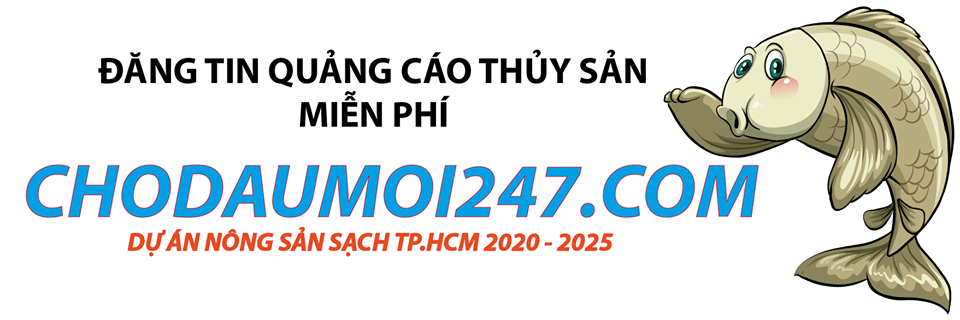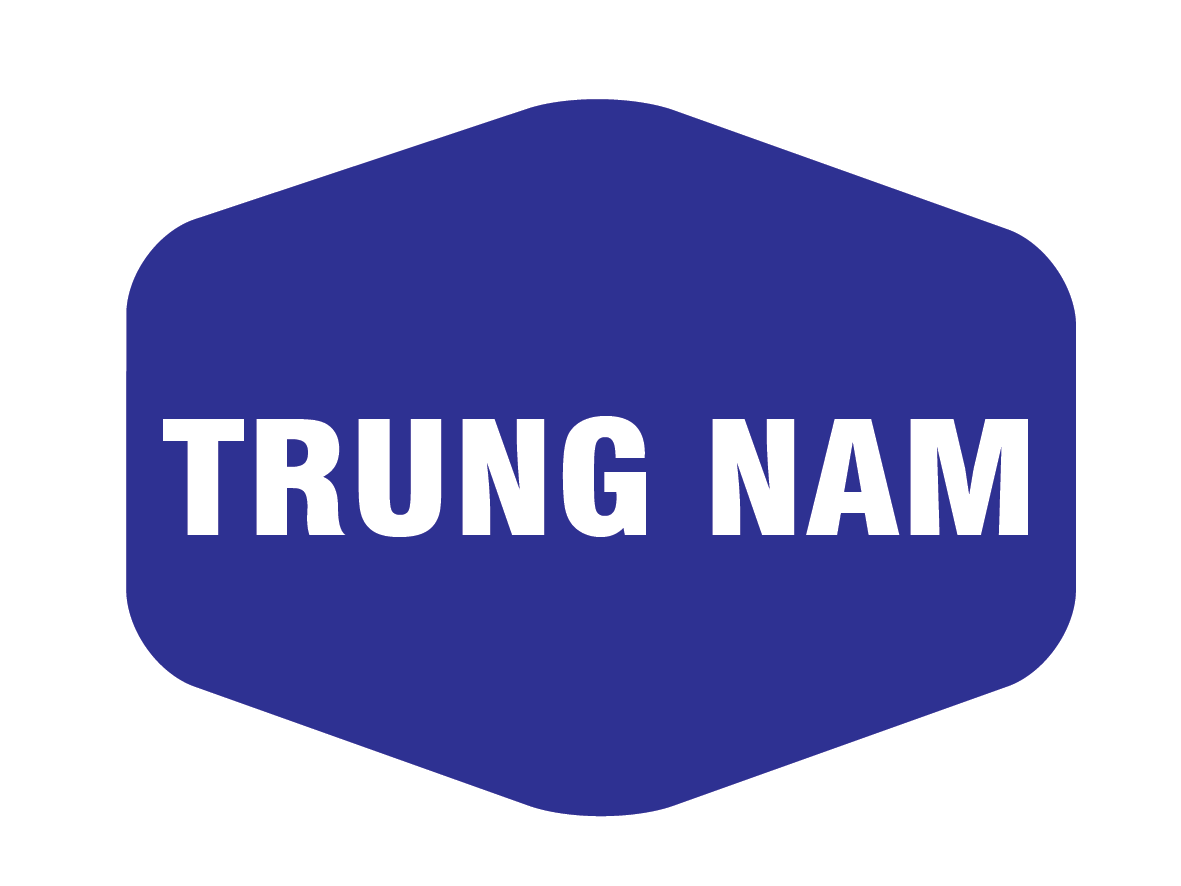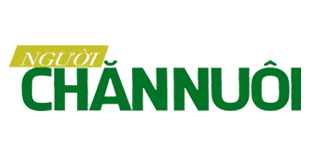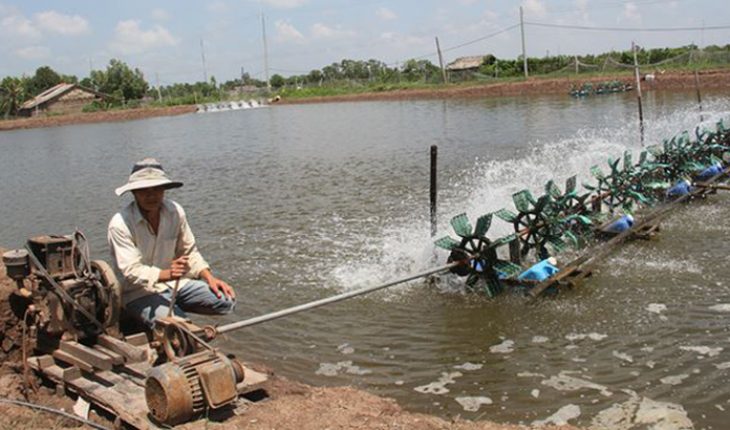
Tiếp theo là phần gợi ý trả lời tiếng Anh cho một số câu hỏi quan trọng khi phỏng vấn tiếng Anh:
- What are your long-term career goals? Trả lời: When answering this question, it is important to be honest and specific about your career aspirations. Talk about your career goals and how this position fits into your long-term plan. For example, you could say something like, "My long-term career goal is to become a top-level executive in this industry. I believe that this position will provide me with the opportunity to gain the necessary skills and experience to achieve that goal."
- What is your management style? Trả lời: This is a common question for management positions, and it is important to have a clear idea of your management style before going into the interview. You should describe your management style in a way that shows you have thought about it and that it is effective. For example, you could say, "I believe in a collaborative management style where I work closely with my team to set goals and provide support. I believe in empowering my team to make decisions and take ownership of their work while providing guidance and feedback as needed."
- How do you handle conflict in the workplace? Trả lời: Conflict is inevitable in any workplace, so it is important to have a strategy for handling it. When answering this question, describe your approach to conflict resolution in a calm and rational way. For example, you could say, "I believe in addressing conflict head-on and in a timely manner. I would first listen to both sides and gather as much information as possible before working with my team to find a mutually beneficial solution. I would also follow up with both parties to ensure that the resolution was effective."
- Can you give an example of a time when you had to make a difficult decision? Trả lời: This question is designed to test your decision-making skills and your ability to handle pressure. When answering this question, provide a specific example of a time when you had to make a difficult decision and explain the thought process behind it. For example, you could say, "At my previous company, we had to make a tough decision about whether to invest in a new product line or focus on expanding our current offerings. After weighing the pros and cons and consulting with stakeholders, I ultimately recommended that we focus on expanding our current offerings. While it was a difficult decision, I believe it was the best one for the company at the time."
- What are some of your strengths and weaknesses as a manager? Trả lời: It is important to be honest about your strengths and weaknesses as a manager, as this will help the interviewer understand your management style and how you approach your work. When discussing your strengths, focus on those that are relevant to the position and show how they will benefit the company. For weaknesses, be sure to discuss how you are working to improve in those areas. For example, you could say, "One of my strengths is my ability to motivate and inspire my team to work towards a common goal. One weakness I am currently working on is my ability to delegate tasks more effectively. To improve in this area, I am taking a leadership course and working closely with my mentor to develop my delegation skills."
- How do you handle underperforming employees? Trả lời: When answering this question, show that you are fair and consistent in your approach to managing underperforming employees. Emphasize the importance of communication and setting clear expectations. For example, you could say, "When dealing with underperforming employees, I believe in having open and honest conversations to understand the root cause of the issue. I would work with the employee to develop an action plan to address the issue, set clear goals and expectations, and provide regular feedback and support. If the issue persists, I would follow the company's performance improvement plan and involve HR as necessary."
- How do you stay up to date with industry trends and developments? Trả lời: It is important to demonstrate that you are proactive and committed to staying current in your field. When answering this question, describe your approach to staying up to date with industry trends and developments. For example, you could say, "I make it a priority to attend industry conferences and events, subscribe to industry publications, and network with colleagues in the field. I also regularly set aside time for professional development and online learning courses to stay current on new technologies and best practices."
- How do you prioritize tasks and manage your workload? Trả lời: As a manager, it is important to be able to prioritize tasks and manage your workload effectively. When answering this question, describe your approach to prioritizing tasks and managing your time. For example, you could say, "I prioritize tasks based on their urgency and importance, and I use a task management system to keep track of deadlines and progress. I also delegate tasks when appropriate and ensure that my team has the resources they need to be successful. I regularly assess my workload and adjust my priorities as necessary to ensure that I am meeting my goals."
- How do you motivate your team? Trả lời: As a manager, it is important to be able to motivate your team and keep them engaged. When answering this question, describe your approach to motivating your team. For example, you could say, "I believe in creating a positive and supportive work environment where employees feel valued and appreciated. I provide regular feedback and recognition for good work, and I encourage open communication and collaboration. I also work to ensure that my team has the resources they need to be successful, including training and development opportunities and access to the latest tools and technologies."
- How do you handle conflicts or difficult situations within your team? Trả lời: Conflict is a natural part of any workplace, and it is important for a manager to be able to handle difficult situations within their team. When answering this question, emphasize the importance of open communication and listening to all parties involved. For example, you could say, "When faced with a conflict or difficult situation within my team, I work to understand all perspectives and find a solution that addresses everyone's concerns. I encourage open communication and active listening to facilitate a productive conversation. I also work to de-escalate the situation and find common ground, and if necessary, involve HR to help mediate the situation."
- How do you handle stress and pressure in a fast-paced environment? Trả lời: As a manager, it is important to be able to handle stress and pressure in a fast-paced environment. When answering this question, describe your approach to managing stress and staying focused under pressure. For example, you could say, "I thrive in fast-paced environments and am able to manage stress and pressure effectively. I prioritize tasks and break them down into manageable chunks, and I am able to remain focused on the big picture while still attending to the details. I also make sure to take breaks and practice self-care to avoid burnout."
- How do you measure success in your role as a manager? Trả lời: It is important to have clear metrics for success in any management role. When answering this question, describe how you measure success in your role as a manager. For example, you could say, "I measure success by the accomplishments of my team and the achievement of our goals. I regularly assess our progress and make adjustments to our approach as needed to ensure we are meeting our objectives. I also seek feedback from my team and our stakeholders to ensure that we are meeting their needs and expectations."
- How do you encourage innovation and creativity within your team? Trả lời: Innovation and creativity are important for any organization to stay competitive and adapt to changing environments. When answering this question, describe your approach to encouraging innovation and creativity within your team. For example, you could say, "I encourage my team to think outside the box and explore new ideas. I provide opportunities for brainstorming and collaboration, and I ensure that my team has access to the latest tools and technologies. I also encourage risk-taking and learning from failures, and I recognize and reward innovative thinking and creativity."
- How do you handle feedback from your own manager? Trả lời: As a manager, it is important to be able to handle feedback from your own manager in a constructive and professional manner. When answering this question, emphasize the importance of open communication and a willingness to learn and improve. For example, you could say, "I welcome feedback from my own manager and see it as an opportunity to learn and grow. I take the time to listen carefully and ask questions to ensure that I understand the feedback. I also take the feedback seriously and work to make any necessary improvements to my performance."
- How do you stay up-to-date with industry trends and best practices? Trả lời: Staying up-to-date with industry trends and best practices is important for any manager to stay competitive and adapt to changing environments. When answering this question, describe your approach to professional development and learning, emphasizing the importance of continuous learning and growth. For example, you could say, "I stay up-to-date with industry trends and best practices by attending conferences, networking with peers, and participating in training and development programs. I also encourage my team to pursue professional development opportunities and share their knowledge and expertise with the rest of the team."
- What are your long-term career goals as a manager? Trả lời: It is important to have a clear understanding of your long-term career goals as a manager. When answering this question, describe your aspirations and goals, emphasizing the importance of continuous learning and growth. For example, you could say, "My long-term career goal as a manager is to continue to grow and develop my leadership skills, while also making a positive impact on my team and the organization as a whole. I aspire to take on more complex and challenging projects and to mentor and develop the next generation of leaders."
- How do you prioritize tasks and delegate responsibilities within your team? Trả lời: Prioritizing tasks and delegating responsibilities are key responsibilities of a manager. When answering this question, describe your approach to prioritization and delegation, emphasizing the importance of clear communication and accountability. For example, you could say, "I prioritize tasks based on their urgency and importance, and I communicate these priorities clearly to my team. I also delegate responsibilities based on each team member's strengths and abilities, while also ensuring that everyone has a clear understanding of their role and responsibilities. I hold my team accountable for their tasks and provide support and guidance when needed."
- How do you handle underperforming team members? Trả lời: Underperforming team members can be a challenge for any manager, but it is important to address performance issues in a timely and constructive manner. When answering this question, describe your approach to addressing underperformance, emphasizing the importance of clear expectations, feedback, and support. For example, you could say, "I address underperforming team members by setting clear expectations and providing regular feedback. I work with them to identify areas for improvement and provide support and training to help them meet these expectations. If necessary, I also involve HR to help address performance issues in a constructive and professional manner."
- How do you maintain a positive and productive work environment? Trả lời: A positive and productive work environment is important for the success of any team or organization. When answering this question, describe your approach to creating and maintaining a positive and productive work environment, emphasizing the importance of communication, recognition, and work-life balance. For example, you could say, "I maintain a positive and productive work environment by encouraging open communication and collaboration, recognizing and rewarding team members for their contributions, and promoting work-life balance. I also foster a culture of trust and respect, where team members feel comfortable sharing their ideas and feedback."
- How do you stay up-to-date with industry trends and best practices? Trả lời: Staying up-to-date with industry trends and best practices is important for any manager to stay competitive and adapt to changing environments. When answering this question, describe your approach to professional development and learning, emphasizing the importance of continuous learning and growth. For example, you could say, "I stay up-to-date with industry trends and best practices by attending conferences, networking with peers, and participating in training and development programs. I also encourage my team to pursue professional development opportunities and share their knowledge and expertise with the rest of the team."
- What are your long-term career goals as a manager? Trả lời: It is important to have a clear understanding of your long-term career goals as a manager. When answering this question, describe your aspirations and goals, emphasizing the importance of continuous learning and growth. For example, you could say, "My long-term career goal as a manager is to continue to grow and develop my leadership skills, while also making a positive impact on my team and the organization as a whole. I aspire to take on more complex and challenging projects and to mentor and develop the next generation of leaders."
| Nguồn: Theo Hr-Aqua Diễn đàn việc làm ngành thủy sản Vui lòng ghi rõ nguồn thuysan247.com khi sao chép bài viết này. Liên hệ cung cấp thông tin và gửi tin bài cộng tác về email [email protected]. Nhấn nút "quan tâm" nếu bạn muốn nhận thông tin cập nhật từ chúng tôi trên Zalo. |










.jpg)

_1681197038.jpg)










_1681190349.jpg)
_1681185178.jpg)
.jpg)
















Bình luận bài viết